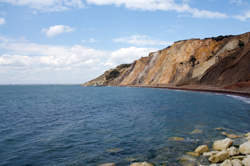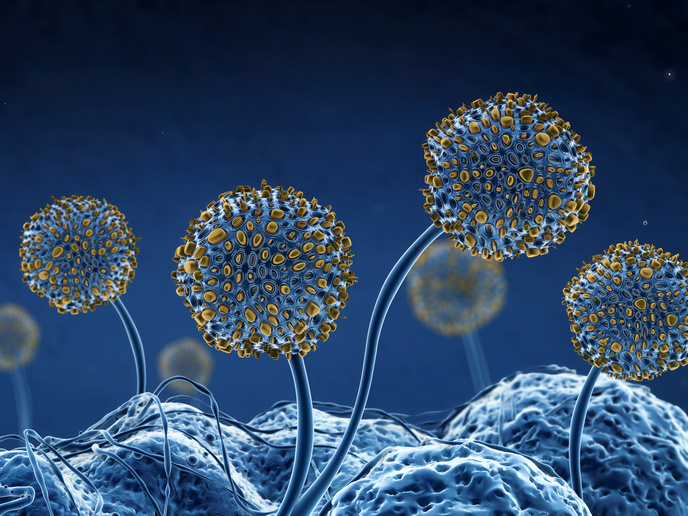Europe's changing marine environment
The 'Marine ecosystem evolution in a changing environment' (MEECE)(opens in new window) project was initiated to improve knowledge of marine ecosystems and assess good environmental status (GES) in Europe's seas. The information gained was fed into the Marine Strategy Framework Directive (MSFD), which requires EU Member States to develop strategies for achieving a healthy marine environment. Project partners collected data on key processes, conducted experiments, developed computer models and explored a range of scenarios. Researchers also collated a large dataset on the discharge of European and non-European rivers and integrated the information with other European and global projects. The meta-database for ecosystem drivers held information on climate and ocean acidification, pollution, fishing, invasive species and the metabolic rates of plankton. Researchers found that ocean systems are increasingly stressed by human-induced changes of their physical, chemical and biological environments, resulting in changes to phytoplankton productivity. Other challenges include ocean acidification, pollution, harmful algal blooms from excessive nutrient supply (called eutrophication) and the effect of invasive species on biodiversity. Commercial fishing can affect the marine environment by disrupting and damaging habitats and the selective removal of species, resulting in the restructuring of food webs. Scientists therefore used a range of models to study fish stocks. These combined hydrodynamics, nutrient–phytoplankton–zooplankton and higher-trophic–level organisms into a single modelling framework. Models are currently being developed to further explore the top–down effects of fishing, including its impact on the bottom of the food chain. The project developed a number of online tools to help disseminate its findings. The model Atlas provides interested users and site visitors with the results of models and simulations produced by the MEECE scientific community. The IndiSeas initiative is a multi-institute collaborative effort linked to the MEECE project, which provides online indicators of the status of 34 marine ecosystems around the globe. Thanks to MEECE, scientists now have a clearer understanding of how marine ecosystems will evolve in the face of climate change and human activities. This knowledge will aid in the protection of the marine environment.







